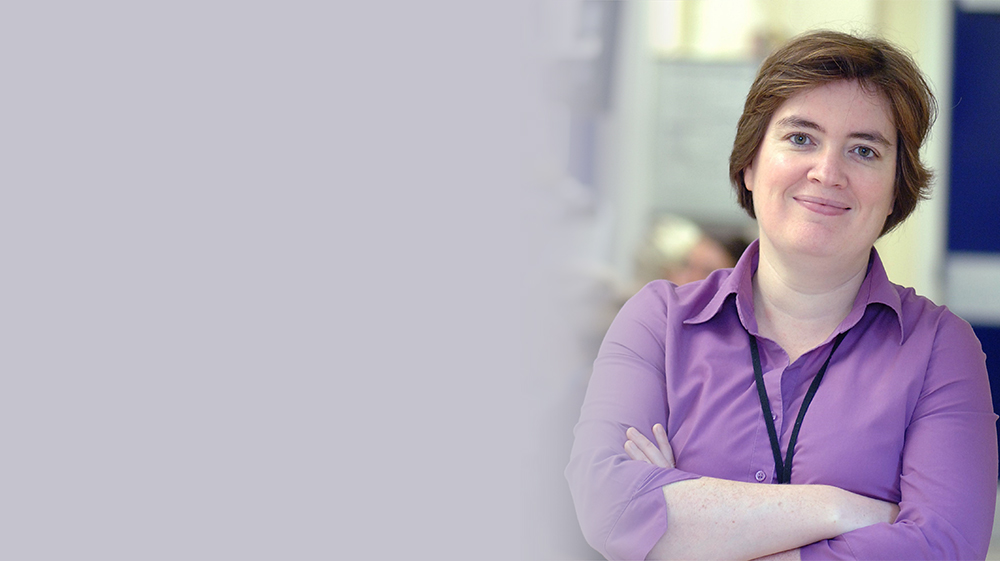January 11, 2021, by School of Medicine
50 at 50: Raising the stakes in medical education
It has been quite a year, not least for healthcare professionals working at the front line of patient care. Counted among that group are scholars registered on one of the postgraduate Medical Education programmes at the University of Nottingham. As a course faculty, we are immensely proud of all of them, working hard to enhance their knowledge and skills as educators for current and future generations of healthcare professionals while also keeping the NHS show on the road.
In the 50 years since our medical school was established, much has changed in the design and delivery of medical education. The learning opportunities available to clinical teachers and their students today bear little resemblance to those of previous generations. We have a wealth of evidence from the learning sciences to guide our instruction and the kind of learning experiences students need to become competent healthcare professionals.
In 2017, our PGCert in Medical Education, a stand-alone qualification which also serves as the first stage of the Masters, was aligned with the General Medical Council’s ‘Promoting excellence: standards for medical education and training’, ensuring that scholars graduate with the necessary expertise to teach the healthcare professionals of tomorrow. In 2019, we developed a multi-professional MOOC (massive online open course) in collaboration with colleagues in the Faculty of Health Sciences and FutureLearn. In doing so, we purposefully set the bar high because we want the very best for educators in the healthcare professions, their students and ultimately their patients.
Many of our scholars already hold honorary University contracts and are involved in academic provision for undergraduate students in the School of Medicine. The purpose of our course is to develop expert educators and cultivate a community of practice. We do this by developing an individual’s personal and professional identity as an educator across all the various expert roles of a teacher. Our goal is not only to make our scholars more effective as teachers, whether it be on a ward round, in clinic, or in theatre (both the operating and lecture variety), but also to develop the researchers and educational leaders of tomorrow. We are starting to see more and more dissertation projects getting published, and both the Dean of the School of Medicine and the Dean of Medical Education are graduates of the programme.
In the past year, the course team has worked hard in raising the stakes – our course is now recognised by both Advance HE and The Academy of Medical Educators. On successful completion of the PGCert, scholars will have demonstrated they have met the standards set by the UK Professional Standards Framework (UKPSF) for teaching and supporting learning in higher education, and can become Fellows of the Higher Education Academy (HFEA). Our graduates can also fast-track to Membership of the Academy of Medical Educators (MAcadMEd) – not just post-nominals, but internationally recognised badges of expertise and achievement in medical education.
As an SFHEA, FAcadMEd and Masters graduate myself, the Nottingham course has opened up a world of evidence and scholarship that is directly applicable to both my practice as an educator and as a researcher. It is one of the few PGCert, PGDip, Masters courses that is both clinician and research led, and as such (I believe), provides one of the best learning experiences for medical education scholars available in the UK.
Dr Nicola Cooper is a Consultant Physician and Clinical Associate Professor in Medical Education, working part-time as faculty on the PGCert, PGDip and Masters in Medical Education, and part-time on the Medical Assessment Unit at Royal Derby Hospital.
No comments yet, fill out a comment to be the first


Leave a Reply